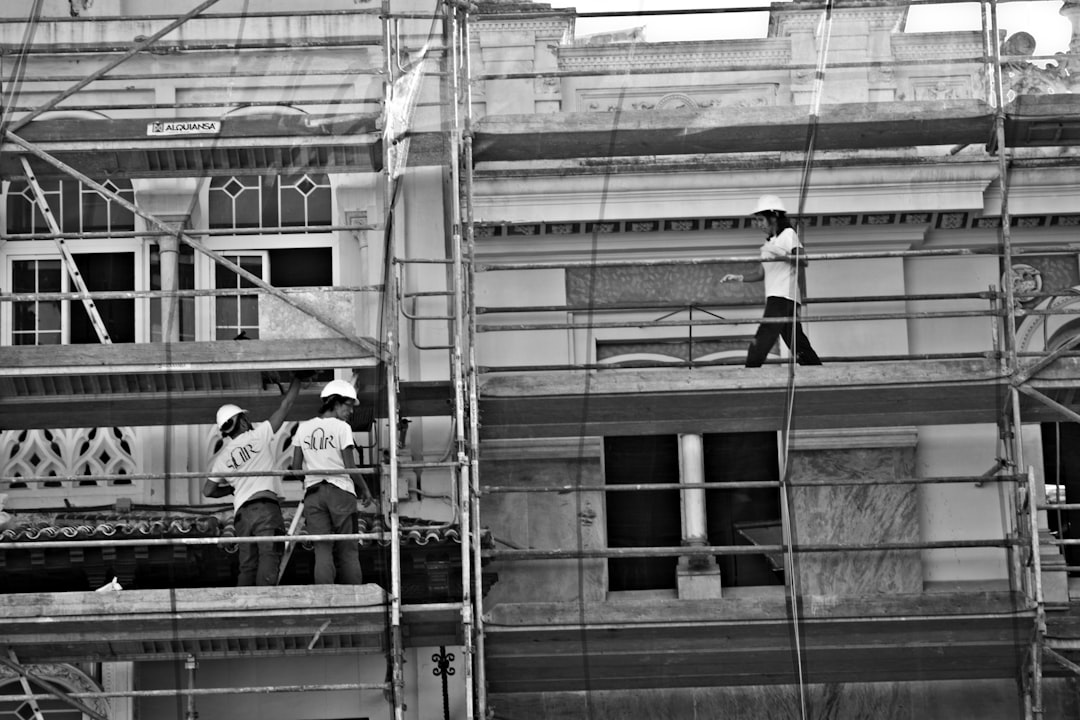Labor Cost to Replace Ceiling Fan - Professional Estimates
Price source: Costs shown are derived from our proprietary U.S. construction cost database (updated continuously from contractor/bid/pricing inputs and normalization rules).
Eva Steinmetzer-Shaw
Head of Marketing
Understanding the Real Labor Cost to Replace a Ceiling Fan
Replacing a ceiling fan involves more than just swapping out fixtures. The labor cost can vary significantly, with electricians charging between $60 and $125 per hour. Materials for a standard fan range from $75 to $250, but labor often doubles or triples the total cost. Understanding these costs is crucial for construction professionals aiming to provide accurate estimates.
Why Labor Dominates the Budget
Skilled labor is essential for tasks such as:
- Removing the existing fixture safely
- Verifying box rating, wiring gauge, and circuit load
- Installing bracing for heavier fans
- Assembling and balancing the new fan
- Patching, texturing, and repainting the ceiling
Each step requires time, and regional labor rates vary. Our platform updates these rates continuously to ensure your quotes reflect current market conditions.
Typical Labor Ranges in Residential Construction
- Basic swap: 1–2 labor hours
- Upgrade with brace install: 2–3 labor hours
- Old house rewiring: 3–5 labor hours
Multiply these hours by your local hourly rate for an accurate starting point. Our platform automates this process, providing a detailed breakdown you can share with clients.
How Our Platform Calculates Labor in Seconds
Our AI-driven platform allows contractors to speak naturally into a device, converting phrases into measurable tasks and durations. This ensures accurate, data-backed estimates.
Behind the Numbers
- Real-time task libraries
- Live integration with regional labor datasets
- AI-assisted blueprint takeoffs
These features increase transparency and trust, leading to higher approval rates.
Hidden Costs Many Estimates Miss
Commonly overlooked costs include:
- Travel and mobilization time
- Consumables like wire nuts and screws
- Ladder setup and safety checks
Five Pro Tips to Control Labor Spend
- Schedule multiple replacements in one visit
- Confirm breaker location ahead of time
- Use pre-assembled downrods
- Photograph existing wiring for reference
- Offer maintenance add-ons
Turning an Estimate into an Invoice—Instantly
Once approved, our platform converts estimates into invoices with all details included, ensuring accurate billing.
Next Steps
- Sign up at CountBricks.com
- Record your first walk-through
- Send a polished quote
- Track hours against the estimate
- Showcase projects to win more jobs
The Advantage for Residential Contractors
- AI that understands construction
- Responsive support
- Cloud-based access
- Integration with tools
Contractors report faster approvals and higher profit margins. When transparency meets automation, everyone benefits.
Ready to Nail Down Your Labor Numbers?
Visit CountBricks.com to schedule a demo and see our platform in action.
Case Snapshot: Three Fans, One Afternoon, Zero Surprises
A Los Angeles contractor used our platform to bid a townhouse retrofit, removing two outdated fans and installing a new unit. Here's how the platform tightened the estimate and protected profit.
Voice-Captured Scope
- "Bedroom one, replace fan, brace OK, same wiring."
- "Bedroom two, same."
- "Living room, new fan, needs brace and box upgrade, patch ceiling, repaint 2 sq. ft."
Our platform parsed the audio into tasks, calculated 6.2 crew hours, and flagged a helper for the heavier fixture.
Live Cost Breakdown
- Removal & disposal: 0.8 hrs each bedroom, 1.0 hr living room
- Box & brace upgrade: 0.5 hr bedrooms, 1.2 hrs living room
- Patch & paint: 0 hrs bedrooms, 0.6 hr living room
- Cleanup & inspection: 0.3 hr each room
Hourly rate: $92/hr electrician, $48/hr helper
Total labor cost: $658.40
Outcome
- Homeowner approved within 20 minutes
- Crew finished ahead of schedule
- Final invoice matched the estimate
Lessons for Your Next Fan Replacement
- Group similar tasks to reduce moves
- Verify ceiling heights for correct downrod
- Use photo log for documentation
Elevate Your Estimates Today
Accurate labor numbers are crucial for profitable service calls. Whether swapping a fan or modernizing airflow, our platform delivers reliable data quickly. Visit CountBricks.com to start your free trial.

